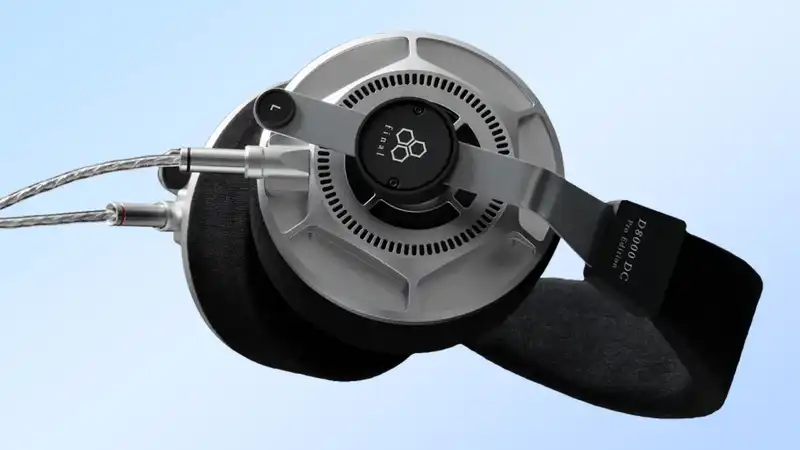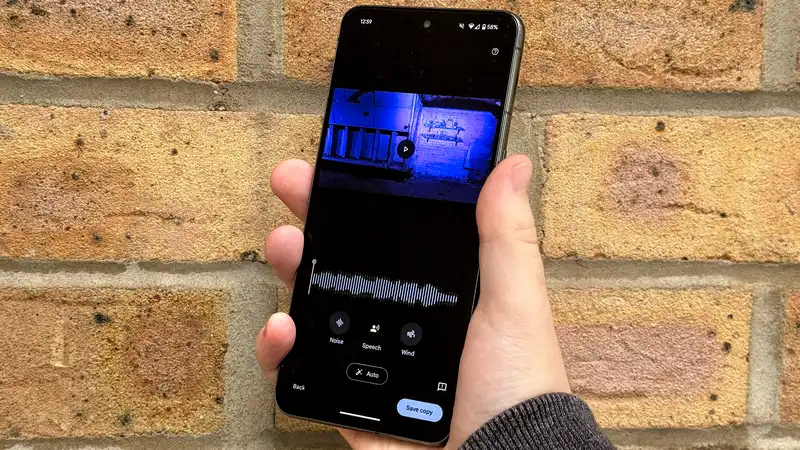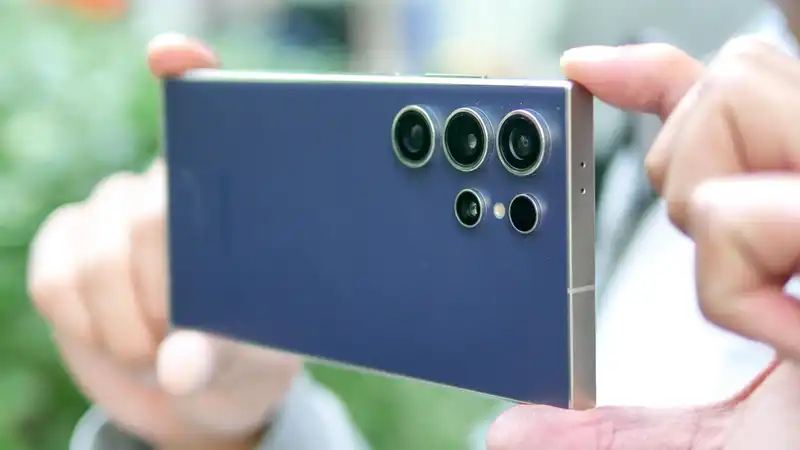Two reports from a Korean publication suggest that the Samsung Galaxy S25 series will be getting a price hike next year, at least in Korea.
The reports, found by informant Jukanlosreve, come from publications Yonhap News and Central. Both articles (machine translated) suggest a possible price increase, but the amount differs between the two.
Both articles blame the current political turmoil in South Korea for the possible price hike.
The Yonhap report claims that the slight price increase is mostly due to the exchange rate of the South Korean won, which may increase the price of imported components for Samsung's flagship phones. In South Korea, the Galaxy 24 Ultra went on sale for 1,698,400 won, or about US$1,180. The exchange rate has risen to 1,450 won per U.S. dollar; YonHap does not speculate on how large the “slight” price increase will be other than due to exchange rate issues.
The Exynos 2400 versions of the S24 and S24 Plus were priced the same as the S23 version, but the S24 Ultra with Snapdragon 8 was raised by 100,000 won ($70). 9]
Daniel Araujo, director of planning at Samsung Electronics, said in a July conference call, said, “We are concerned that profitability will decline as unit prices of key components continue to rise, but we are continuing our ‘upselling’ strategy to increase sales, especially of premium products, in order to minimize the burden.”
In addition to the price increase, the company also raised the price of the S24 Ultra by KRW 100,000 ($70).
The Joongang Ilbo reported that Taiwan's TSMC, a leading foundry that manufactures chips for a number of companies including Qualcomm, Apple, and Google, made comments suggesting that the unstable situation in Korea could hurt Samsung. Founder Dr. Morris Chang said, “The recent political turmoil [in South Korea] will not help the company's operations at all.”
The report also cited the poor won exchange rate as a potential problem for Samsung. However, it noted that Samsung's investment in building a semiconductor plant in the U.S. through a partnership with the Biden administration using fixed contracts may help the company avoid some exchange rate depreciation.
The Joongang Ilbo differs in that it suggests that the domestic price of the Galaxy S25 will be raised by 150,000 won (approx. US$105).
“Since the average selling price (ASP) of Samsung smartphones overseas is lower than that of the domestic market, even if the exchange rate rises, the impact (on profitability of Samsung's overseas sales) will be limited and the domestic price can only be adjusted,” one official told Joongang Ilbo.
Higher Galaxy S25 Ultra prices next year have already been suggested for a variety of reasons, not just current Korean political issues.
Inflation in general has led to overall price increases, and there seems to be no end in sight.
A larger problem is the cost of Qualcomm's Snapdragon 8 Elite chipset, which is reported to be 25-30% higher than the Snapdragon 8 Gen 3 currently found in the best Android phones.
Samsung is reportedly struggling with its own Exynos chipset, which may be bearing some of the cost, but the new Qualcomm chip is expected to be included in the entire S25 lineup.
As suggested above, apparently Galaxies are sold at lower prices in other countries, and there is no guarantee that Samsung will raise prices outside of Korea.
However, as of now, getting a flagship Android phone next year is more likely to hit your wallet than in previous years.










Comments